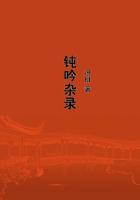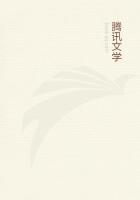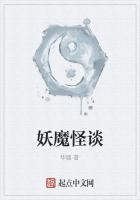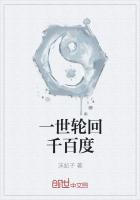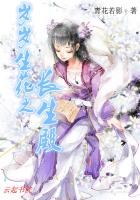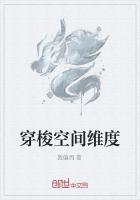'Behold me then haled before this swift and bloody judgment-bar, where the best protection was to have no protection, and all resources of ingenuity became null if they were not founded on truth. Two of my guards held me each by a hand, the third by the collar of my coat. "Your name, your profession?" said the President. "The smallest lie ruins you," added one of the judges,--"My name is Jourgniac Saint-Meard; I have served, as an officer, twenty years: and I appear at your tribunal with the assurance of an innocent man, who therefore will not lie."--"We shall see that," said the President: "Do you know why you are arrested?"--"Yes, Monsieur le President; I am accused of editing the Journal De la Cour et de la Ville.
But I hope to prove the falsity"'--But no; Jourgniac's proof of the falsity, and defence generally, though of excellent result as a defence, is not interesting to read. It is long-winded; there is a loose theatricality in the reporting of it, which does not amount to unveracity, yet which tends that way. We shall suppose him successful, beyond hope, in proving and disproving; and skip largely,--to the catastrophe, almost at two steps.
'"But after all," said one of the Judges, "there is no smoke without kindling; tell us why they accuse you of that."--"I was about to do so"'--Jourgniac does so; with more and more success.
'"Nay," continued I, "they accuse me even of recruiting for the Emigrants!"
At these words there arose a general murmur. "O Messieurs, Messieurs," I exclaimed, raising my voice, "it is my turn to speak; I beg M. le President to have the kindness to maintain it for me; I never needed it more."--"True enough, true enough," said almost all the judges with a laugh: "Silence!"
'While they were examining the testimonials I had produced, a new Prisoner was brought in, and placed before the President. "It was one Priest more," they said, "whom they had ferreted out of the Chapelle." After very few questions: "A la Force!" He flung his breviary on the table: was hurled forth, and massacred. I reappeared before the tribunal.
'"You tell us always," cried one of the judges, with a tone of impatience, "that you are not this, that you are not that: what are you then?"--"I was an open Royalist."--There arose a general murmur; which was miraculously appeased by another of the men, who had seemed to take an interest in me:
"We are not here to judge opinions," said he, "but to judge the results of them." Could Rousseau and Voltaire both in one, pleading for me, have said better?--"Yes, Messieurs," cried I, "always till the Tenth of August, I was an open Royalist. Ever since the Tenth of August that cause has been finished. I am a Frenchman, true to my country. I was always a man of honour.
'"My soldiers never distrusted me. Nay, two days before that business of Nanci, when their suspicion of their officers was at its height, they chose me for commander, to lead them to Luneville, to get back the prisoners of the Regiment Mestre-de-Camp, and seize General Malseigne."' Which fact there is, most luckily, an individual present who by a certain token can confirm.
'The President, this cross-questioning being over, took off his hat and said: "I see nothing to suspect in this man; I am for granting him his liberty. Is that your vote?" To which all the judges answered: "Oui, oui; it is just!"'
And there arose vivats within doors and without; 'escort of three,' amid shoutings and embracings: thus Jourgniac escaped from jury-trial and the jaws of death. (Mon Agonie (ut supra), Hist. Parl. xviii. 128.) Maton and Sicard did, either by trial, and no bill found, lank President Chepy finding 'absolutely nothing;' or else by evasion, and new favour of Moton the brave watchmaker, likewise escape; and were embraced, and wept over; weeping in return, as they well might.
Thus they three, in wondrous trilogy, or triple soliloquy; uttering simultaneously, through the dread night-watches, their Night-thoughts,--grown audible to us! They Three are become audible: but the other 'Thousand and Eighty-nine, of whom Two Hundred and Two were Priests,' who also had Night-thoughts, remain inaudible; choked for ever in black Death.
Heard only of President Chepy and the Man in Grey!--

